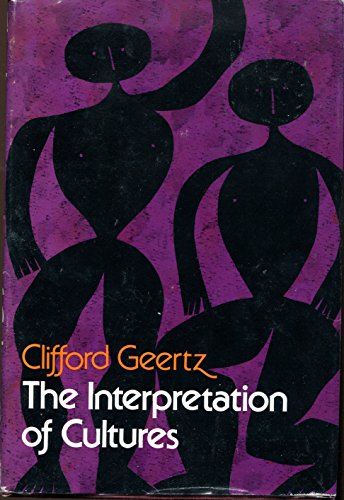
Everyone snaps them up as the open sesame of some new positive science, the conceptual center-point around which a comprehensive system of analysis can be built. They resolve so many fundamental problems at once that they seem also to promise that they will resolve all fundamental problems, clarify all obscure issues. In her book, Philosophy in a New Key, Susanne Langer remarks that certain ideas burst upon the intellectual landscape with a tremendous force. Read ExcerptĬhapter 1/ Thick Description: Toward an Interpretive Theory of Culture This definitive edition, with a foreword by Robert Darnton, remains an essential book for anthropologists, historians, and anyone else seeking to better understand human cultures. Named one of the 100 most important books published since World War II by the Times Literary Supplement, The Interpretation of Cultures transformed how we think about others’ cultures and our own. A thick description explains not only the behavior, but the context in which it occurs, and to describe something thickly, Geertz argues, is the fundamental role of the anthropologist. Rather, it is a web of symbols that can help us better understand what that behavior means.


Culture, Geertz argues, does not drive human behavior. With The Interpretation of Cultures, the distinguished anthropologist Clifford Geertz developed the concept of thick description, and in so doing, he virtually rewrote the rules of his field. One of the twentieth century’s most influential books, this classic work of anthropology offers a groundbreaking exploration of what culture is


 0 kommentar(er)
0 kommentar(er)
